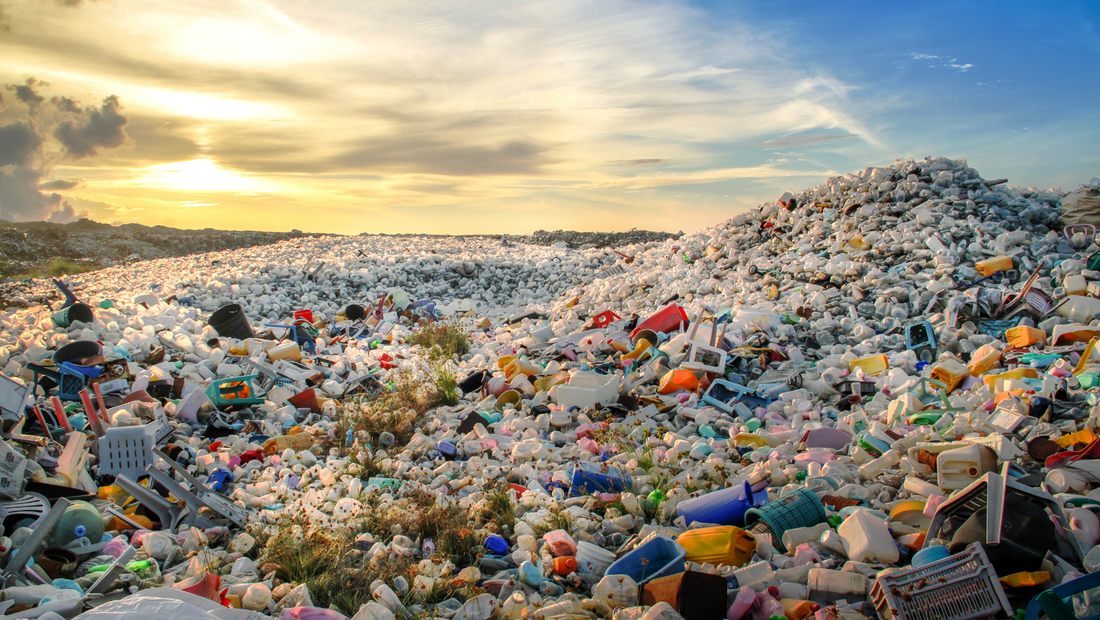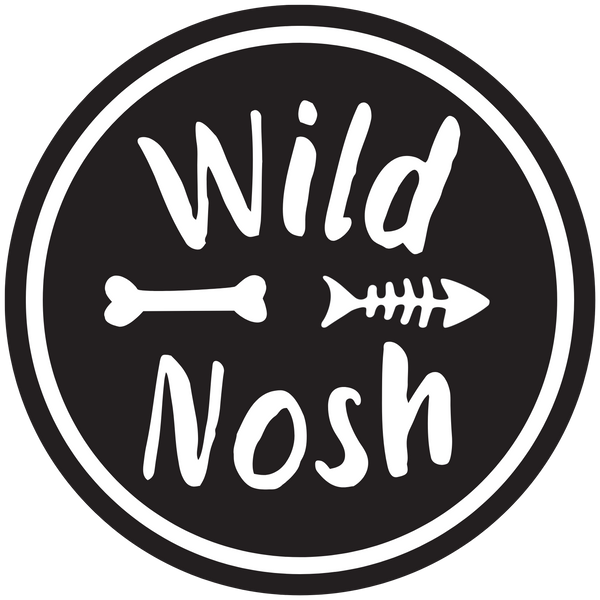
No Place for Plastics. Our Pledge to Pets and the Planet.
The Problem with Plastic
Plastic pollution is a growing problem in the United States and globally. Plastic production has doubled in the last two decades, and while recycling efforts have increased, only 9% of plastic is recycled. In 2018 the United States combusted 5.6 million tons of plastic, sent 27 million tons to landfills, and 6.1 million tons ended up in oceans and other aquatic environments. Unfortunately, our pets play a major role in the plastic crisis, contributing 300 million pounds of plastic food and treat packaging to landfills each year. These plastics don’t break down in the environment, instead finding their way into our air, soil, and water. A study found microplastics in 100% of food, water, human placenta, and stool tested. 300 species of wildlife have been reported to have eaten or been entangled in plastic, resulting in the death of thousands of animals each year.
What About Recycling?
It may come as a surprise that plastic recycling, and the idea that it works, has been largely pushed by the plastic industry. Companies like Exxon and DuPont, who produce the petroleum used to make plastic, have spent billions of dollars lobbying and advertising the benefits of plastics and recycling to the American public. The reality is that plastic is expensive to recycle, and it degrades each time it is recycled, giving it a finite lifetime. Most companies are unwilling to recycle plastics because of this cost, and for years we shipped our plastic waste to China. In 2018 China refused to take anymore imported plastic waste, diverting most US plastic to landfills. Even when we think we’re recycling, there’s almost no transparency, and lots of room for deception. ABC News reporters placed dozens of GPS trackers in plastic bag recycling drop off locations at Target and Walmart stores. Of the 46 GPS trackers dispersed, only 4 ended up at plastic recycling facilities, the rest were tracked to landfills and incinerators, with a few making the journey to Indonesia. Even when plastic recycling goes right, it has negative consequences, with about 13% of plastic processed being released into the atmosphere in the form of microplastics as a result of the process.
Plastic and our Pets
Beyond it’s devastating impact on the planet, it’s not good for the health of our pets either. Studies have shown that almost all of our pet food is contaminated in one way or another, with canned diets regularly exposing pets to BPA, and most plastic pet food packaging containing PFAs, regularly referred to as “forever” chemicals. While more research is needed, preliminary studies on rodents and fish have shown negative impacts such as stunted growth, decreased appetite, and internal injuries. Microplastics have also been shown to be capable of crossing the blood-brain barrier resulting in the death of vital immune cells and unusual inflammatory responses. BPA is a known carcinogen and neurotoxin, and has been documented to disrupt the thyroid system in cats, yet it isn’t required to be disclosed on pet food packaging.
Our Plastic Journey
Our anti-plastic quest began long before Wild Nosh, when we were searching for plastic free, or at least minimally packaged, food and treat options for our sister retail store, The Happy Beast. We were amazed by the number of companies who refused to sell us their products in bulk, citing quality control concerns, branding & customer recognition, and a lack of plastic-free infrastructure. In 2022 we traveled to North America’s largest retail pet event and met with countless brands to ask them what they were doing to address this crisis. Did they really need to individually wrap every turkey neck? Had they ever looked into reusing those heavy duty plastic bags? Why was the recycling burden put entirely on the consumer? We didn’t receive any satisfactory answers, and it was then that we committed to make sure that Beast Feast did things differently. When you receive your order, you’ll find that everything is 100% recyclable, and about 90% of it is made of post-consumer recycled materials. This includes everything from our packaging tape, which is paper with natural adhesives, to the repurposed boxes we ship in. We work with our suppliers to make sure that our raw materials are packaged using as little plastic as possible. What plastic we do receive we hand wash, dry, and depending on the specific material recycle with Eco-Cycle, Ridwell, or Terracycle, transparent partners we trust.
Solutions
We firmly believe that we’ll never recycle our way out of the plastic crisis we currently face, and that reducing our use is the best way to minimize our impact. Besides buying plastic-free Wild Nosh treats, we encourage you to look at other areas in your life where you can reduce your consumption of single use plastics. Check out our conscious consumerism page for plastic free shops we love.
